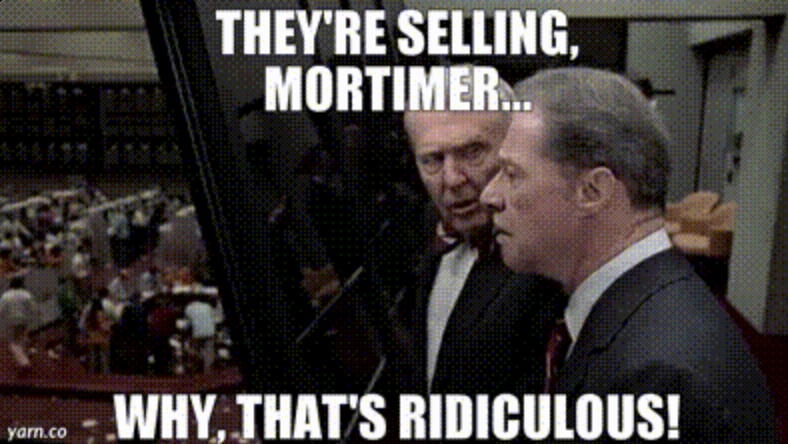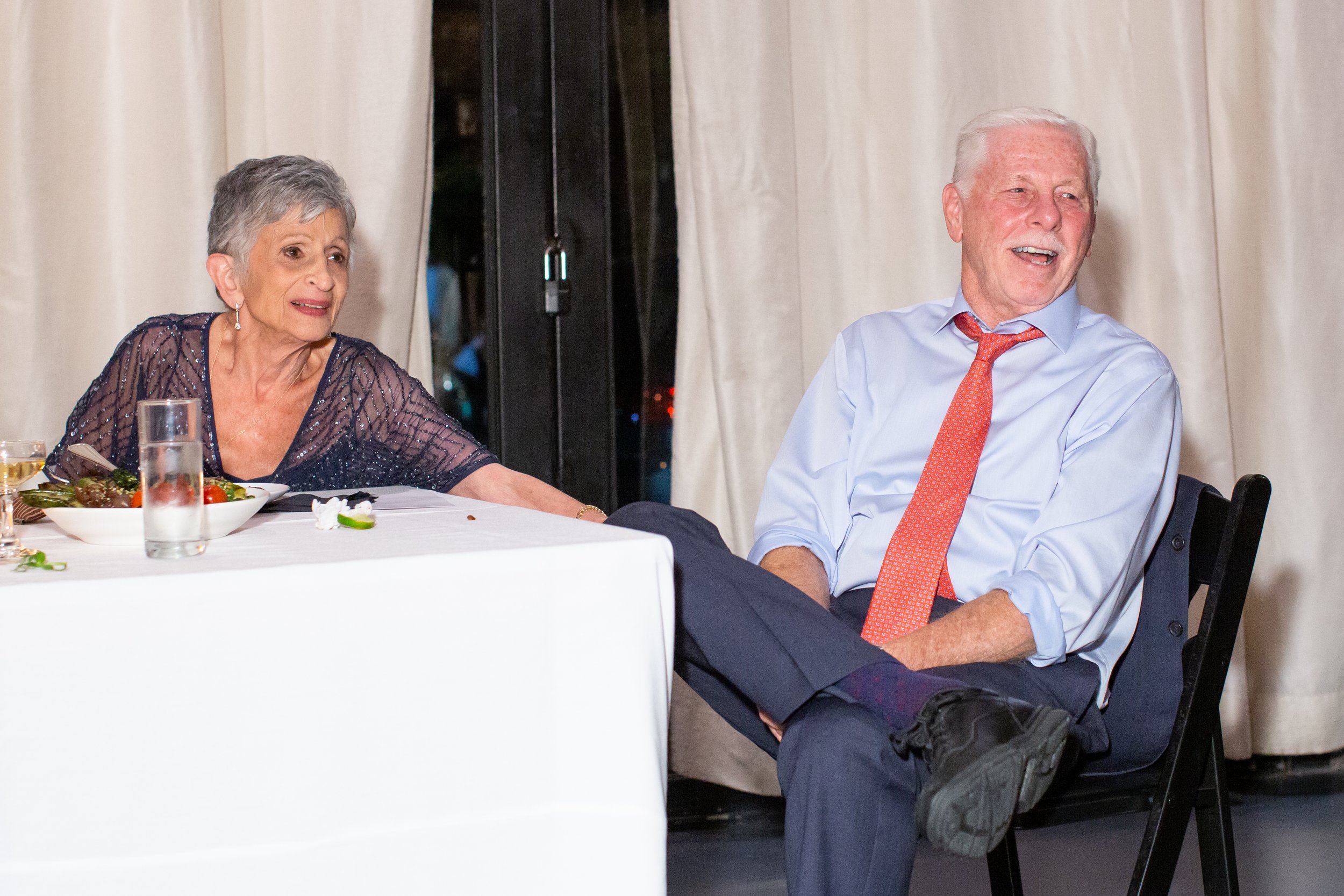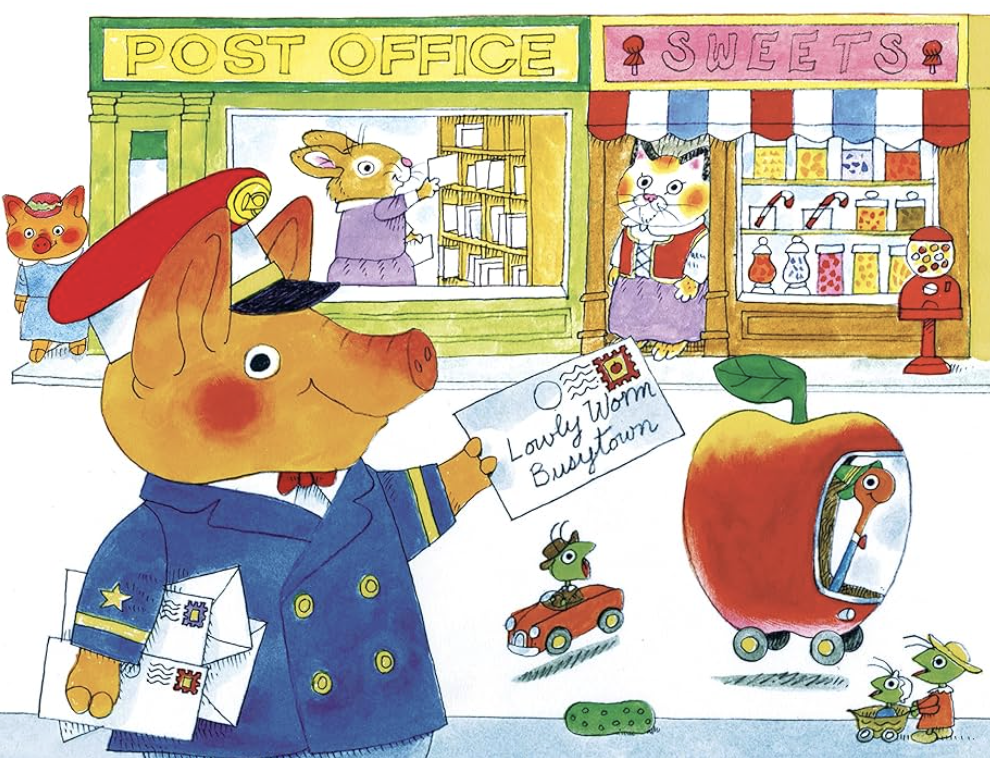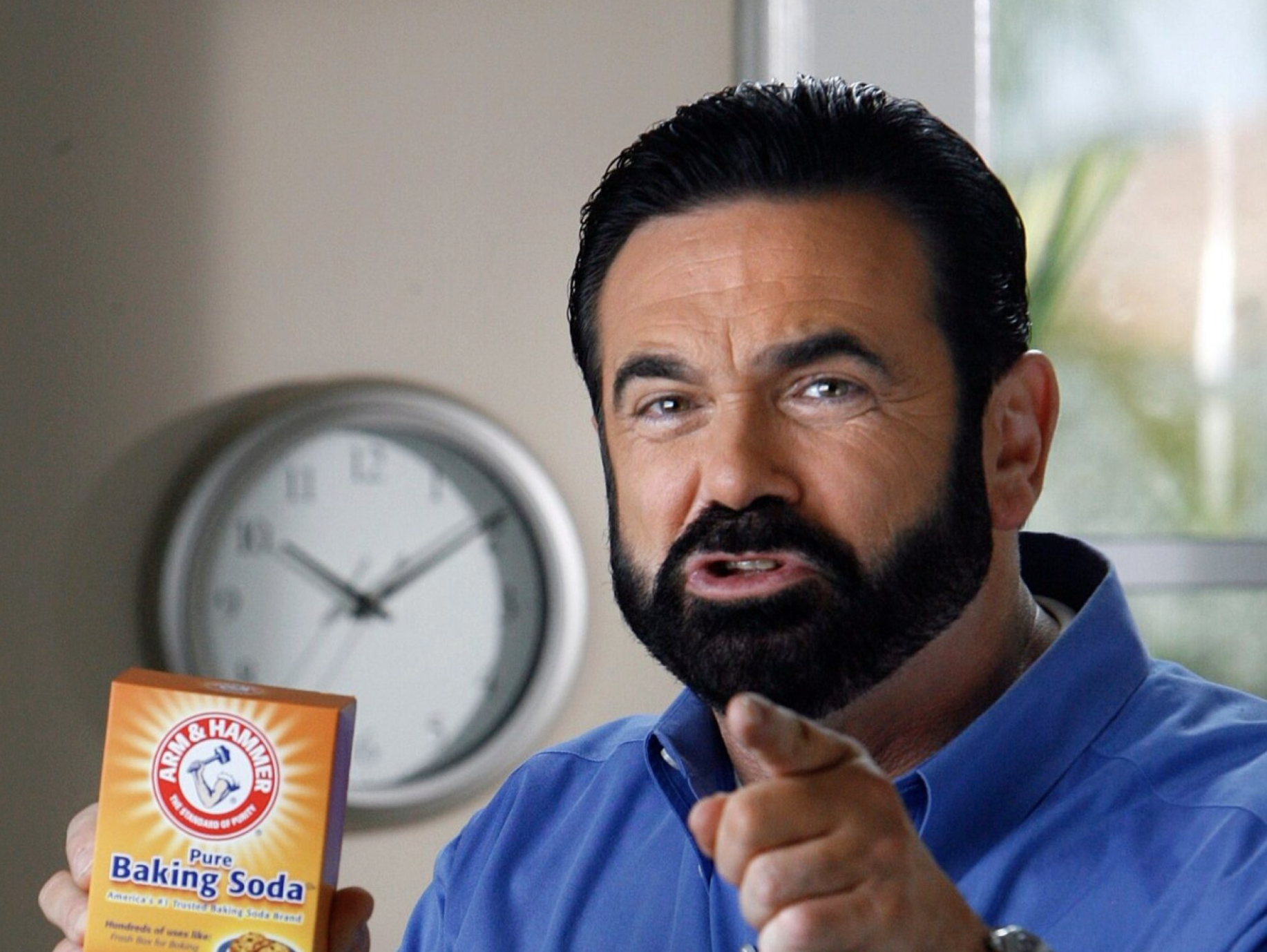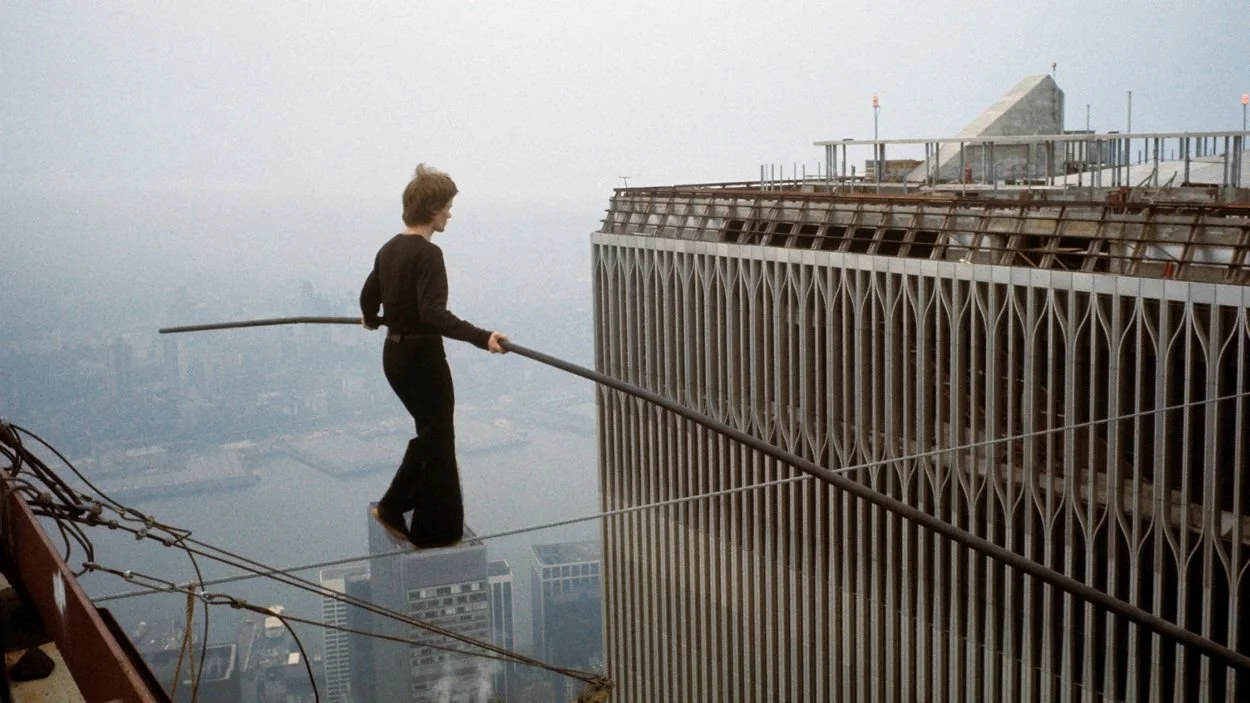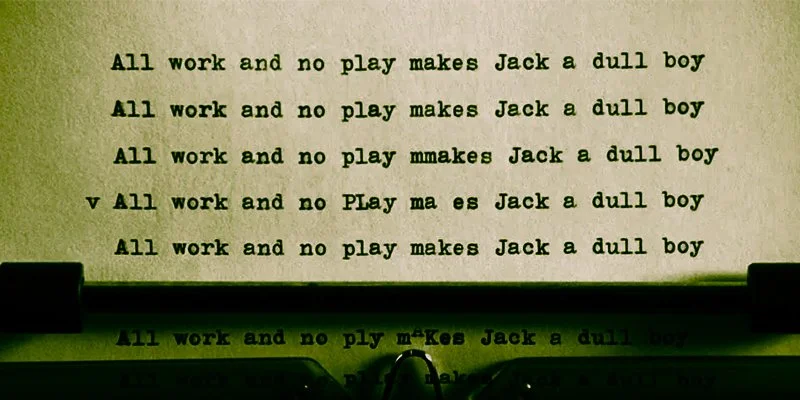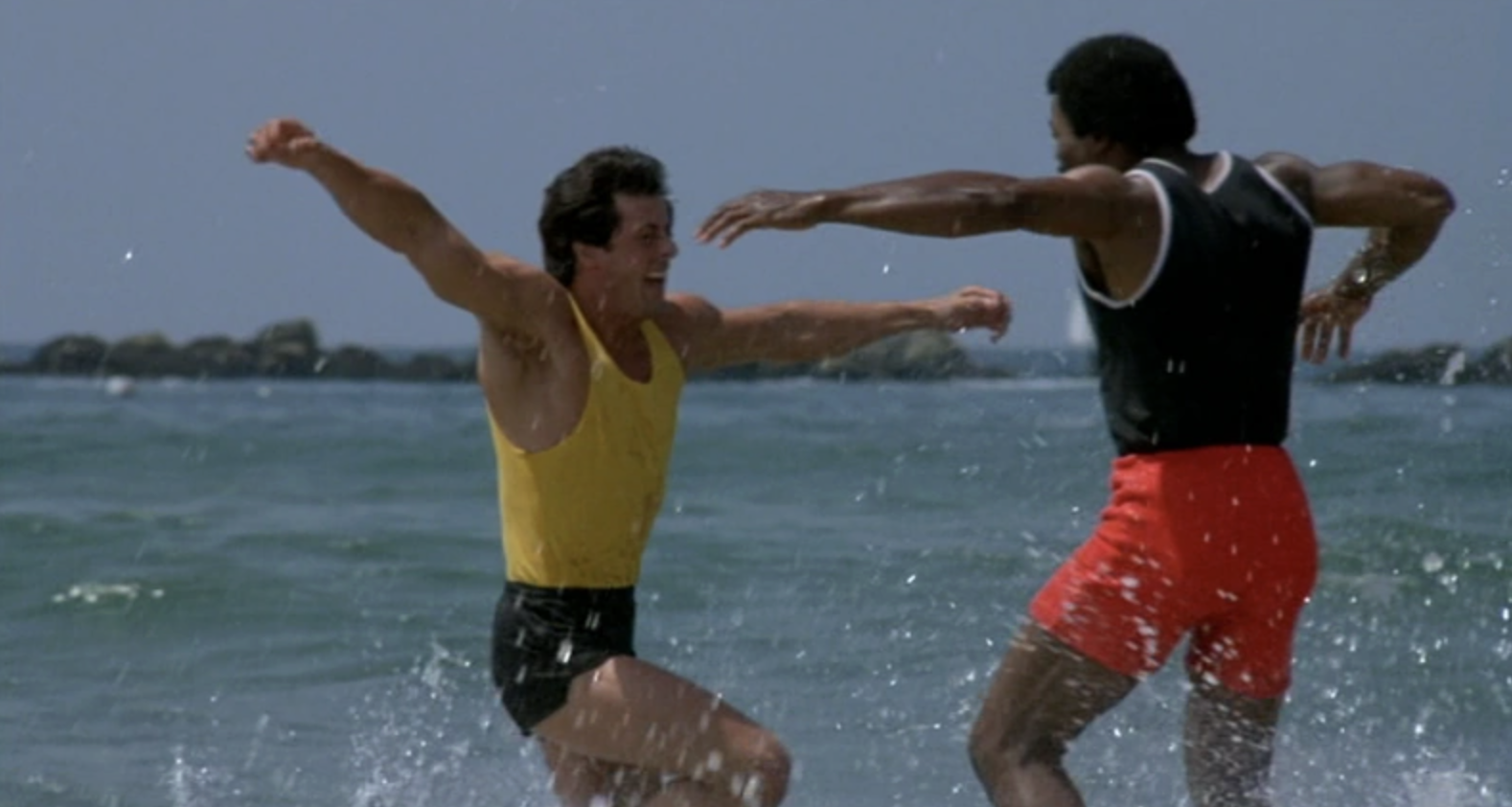Your Cap Table Didn't Kill Your Round
If you got passed on and you're blaming the cap table, I want to push back on that.
I recently hosted a webinar with Qapita, my favorite cap table management software and nextNYC sponsor, with Holly Neiweem, Managing Partner of Apprentice Ventures, and Colin Kirby, who heads the emerging companies and venture capital practice at Foley Hoag. Between them, they've seen it all — 90-investor cap tables, departed co-founders sitting on 40% fully vested, angel investors still on boards three rounds later with no follow-on check to show for it. And their message was consistent: a messy cap table is almost never the actual reason a deal doesn't get done.
The Life of “Little P’s” and Non-Partners: How to Make the Most of the Opportunity
If you’re a junior investor right now, none of this is surprising. You’ve felt it. You send the email and it goes unanswered. You get the meeting, but the founder is clearly waiting for your partner to join, or even explicitly asks. You make the intro internally and someone senior takes over. You’re working hard for the firm, but it’s not clear that your long term value as an investor is accruing.
Are you actually gaining “juice”, or just renting someone else’s?
Are They Still Teaching Air Guitar? Thinking About University Entrepreneurship in the Age of AI
Sixteen years ago, I wrote that, “Business plan competitions are the air guitar championships of the startup world.”
I meant that you can mimic all the movements of a startup without any of the real risk-taking or building. My criticism then was that we were teaching students to pitch without teaching them to build.
Fifteen years later, that gap matters even more. In a world where AI can help anyone ship a working product in a weekend, and where entry-level jobs are disappearing, the ability to actually build something—even something small—isn't just a nice skill to have.
It might be the whole ballgame—and I’m curious how many universities are thinking this way about their entrepreneurship programs
Fractional Isn’t a Concession
There’s an assumption founders make about hiring part time roles. At some point, when we can afford it, we’ll stop patching things together and hire the real person. We’ll commit to the singular owner. We’ll professionalize the function.
Fractional or modular support is what you do before you’re serious or successful.
I see this mistake everywhere. A founder hires one early marketing leader and expects them to own brand, demand gen, content, performance, product marketing, analytics, and team building.
It works for a while when you’re growing off a small base. Having someone do a smattering of things is better than having no one on it.
Then the job changes when you need focus and specialization to move the needle.
The skill set that got you from zero to traction isn’t the same skill set that scales paid acquisition, builds a content engine, or manages a team of specialists. Suddenly the first hire isn’t wrong. The role has outgrown the shape it started in.
Sell, Mortimer! Sell! Why Early Founder and Employee Liquidity Creates Better Alignment
There’s been a pretty common belief in the venture and startup world that is changing:
If an employee wants to sell shares, they’re probably thinking about leaving.
If a founder takes some money off the table, they’re losing faith or they’re going to take their foot off the gas now that they’ve got some money.
I think VCs and founders are getting increasingly convinced this framing is off.
Top Resume, Top Deal Flow: What You Can Learn from OpenAI’s First Sales Leader Moving to VC
A lot of my coaching clients have the goal of becoming a Principal or Partner someday. I almost never start by talking about titles. Instead, I ask a different question: three to five years from now, what kind of founders will already want to talk to you before you ever reach out? Not because of where you work or what’s in your bio, but because when they look at your background, they immediately recognize shared experience or unusually deep understanding of a problem they’re actively wrestling with. If you can’t answer that question clearly, the path to becoming a great investor is still mostly theoretical.
Time is More Valuable Than Money
I’ve joined Intro and I’m donating the first $2,000 of my Intro proceeds directly to the National Brain Tumor Society in memory of my parents. Both of my parents ultimately passed from brain tumors–my mom six years ago when an otherwise operable brain tumor was complicated by a long struggle with COPD and my dad from CNS Lymphoma a year ago.
I wouldn’t be who I am today if it wasn’t for them–and so making more time for founders and tech community professionals, and raising money in their honor, seems like a fitting way to kick things off with Intro.
My Favorite New Social Network
I’ve spent most of my adult life on social media.
I was early to blogging, Friendster, MySpace, LinkedIn, Twitter, Foursquare, etc.
I’ve written newsletters, run communities, hosted events, and watched every generation of “this is the new way to connect” rise and fall. I’m not anti–social media by any means—but over time, I’m lamenting how anti-social it’s all become. I don’t have Threads friends the way I used to have Twitter friends—and in an algorithmically driven experience, following doesn’t really mean I get to see what the people I care about post anymore.
Finally, I found something that feels like the next social network for me.
E-mail.
Illegitimi non carborundum: Don’t Let Investors Control Your Meeting
One pattern I see over and over is that female and underrepresented founders tend to be extremely conscientious in how they answer questions. They take each one seriously. They assume it deserves a direct, precise, fully reasoned response.
That instinct makes sense.
There’s a real power dynamic at play. Capital feels scarce. Access feels fragile. And if you don’t often feel like you’re in the driver’s seat in rooms like this, the natural reaction is to respond exactly as asked—carefully, thoroughly, and defensively.
The problem is that if you do this for the entire pitch, the conversation slowly drifts away from the most important thing: why this company could be big.
Switching Venture Firms Is Not a Job Search
Moving from one VC firm to another is not a simple job search.
It doesn’t behave like one. It doesn’t follow job-search timelines. And it doesn’t reward job-search behavior.
Firm-to-firm moves are slow by design, because the candidate pool already exists—at least at the senior level. You’re unlikely to get a senior level or partner track position in venture if you don’t already have some investing experience—and that’s a finite pool. Narrow it down to a specific sector and they already know dozens of plausible candidates.
They’ve looked at deals together or competed head-to-head.
It’s extremely unlikely they’re going to ignore all of that context and hire someone simply because that person decides it’s time to look.
Which means the real starting point isn’t who’s hiring.
It’s who already knows you, and what they think of you.
Does Your Calendar Reflect Your Strategy?
One of the lessons I’ve learned over two decades in venture—one I genuinely regret not internalizing earlier—is that I spent far too long trying to meet everyone.
In this industry, the more you put yourself out there, the more the world pushes back with opportunities. A blog post hits, a tweet goes viral, you speak at a conference—and suddenly you're inundated. Founders, operators, students, service providers, “Let me show you want I’m working on” DMs. It becomes an unending parade of people you could talk to.
And the mistake most VCs make—especially early in their careers—is confusing volume with progress. Just because you’re taking all the meetings doesn’t mean you’re closer to finding the next big thing.
What’s Next After You Lose Someone’s Money
When you were in the trenches with a founder, watching them fight tooth and nail to make something of your investment, you’ve gained a ton of respect—more than you could ever lose with a negative financial outcome. The idea that they’d rather back a complete stranger than work with you again doesn’t square with how they invest. They asked their own investors to give them 30 or 40 shots on goal because they know the first one, two, three, or twenty might not work out.
Could you imagine if their investors cut them off after one bad deal?
I’m not saying every VC will be thrilled to talk to you after a loss—but you can’t control what they think about your past performance. You can only impact the relationship going forward—and just leaving the loop unclosed isn’t the best way to handle it no matter what they think of you.
How to Ask for Help and Actually Get It
People Don’t Budget Minutes. They Budget Commitments.
Whenever someone asks for help, what I’m really evaluating isn’t the time—it’s the commitment.
People think in blocks:
“Do I have room for another ongoing thing in my life?”
Not:
“Do I have 20 minutes free next Tuesday?”
Will VCs Lose Their Jobs to AI?
“Venture returns don’t come from the middle of the distribution. They come from the tails.”
The middle of the bell curve is where companies look reasonable, familiar, and incremental. AI excels at evaluating that zone because it’s built to generalize from past data and reward what looks statistically likely.
But venture isn’t about statistical likelihood.
A handful of companies every year generate the overwhelming share of returns. These companies:
Don’t match past patterns
Don’t look predictable
Often seem wrong at first
Would be flagged as low-probability by any model trained on historical data
The Tech Community Reality Pyramid (As Sponsors Should See It)
If you’re running a tech community of any scale, you have to build around a certain reality:
Only a few people, founders or investors, will achieve breakout success.
And the majority of the people who RSVP to anything — no matter how curated you think it is — are aspirational.
Not bad. Not unworthy.
It’s just not mathematically likely to happen for them—it being a huge exit or IPO.
You have to design around this. That doesn’t mean you try to cut out the aspirational folks—you just need to figure out ways to scale appropriate accessibility.
Lack of Connection isn’t Your Issue
Some founders say they can’t raise money because they’re “not connected to VCs.”
I call B.S.
I’ve spent a huge portion of my 20 year venture career thinking about and acting on capital access.
As an investor, I built an incredibly diverse portfolio of founders—almost 40% founded by women, 25% by founders of color and 6% founded by Black founders. As a community builder, I regularly run the largest mass open office hours matching new founders with venture investors in addition to a ton of open events for first time founders.
I say that not to suggest that I’ve got all the answers or that I’ve solved anything—but I’m in a pretty unique position to see the fundraising process play out for a wide variety of founders, successfully and unsuccessfully.
That’s why I think we need to be critical and skeptical about the “lack of connection” drumbeat and examine what it’s doing to the way founders raise.
Your Chances of Getting a Venture Job
Getting an early-stage VC job — analyst, associate, whatever the title — is incredibly competitive. The hardest part isn’t just breaking in—it’s the level-setting. Figuring out where you actually stand compared to everyone else requires the kind of bird’s eye view that you get when you’re actually on the other side of the table.
Let’s imagine we’re ranking candidates from 1 to 10. (There’s an 11, too. That’s like a 10, but one better.)
When the Music’s Over: Founder Life Immediately After Failure
So Your Startup Failed. Now What?
Statistically, most startups fail.
Mine did.
I started a company in 2007, ran it for two years, and it didn’t work. I was a pretty bad head of product, and we tried to raise money in October 2008 — right as the economy was imploding.
I’ll never forget sitting in a Sand Hill Road office when a VC, staring at a screen full of red tickers, asked if I’d seen what the market was doing. I thought, “No, I don’t have any money. So while it sucks that your $20 million is now $17 million, I’m the one who’s thirty grand in the hole.”
I decided he wasn’t going to be sympathetic enough to make it worth sharing aloud.
Here’s the thing: if you’ve conducted yourself ethically, worked hard, and been transparent with your investors and employees, you’ve built up an asset you probably don’t recognize — admiration. People respect that you tried.
Most never do.
Even if you envy their steady paychecks and zero credit card balances, there’s a decent chance they envy your courage.
Our Venture Unfriendly Immigration Policy
Imagine doing the due diligence in a company whose tech team is in Eastern Europe—Belarus to be specific. It’s a small country with a strong STEM education system that you honestly don’t know that much about. As you do your work, what you hear makes you nervous: a government that concentrates power in one leader, protests that are met with military force, sudden changes in rules that businesses have to scramble to follow.
At any moment, your US team visiting the country to collaborate could be picked up off the street for not having the right papers and detained indefinitely. Licenses to operate could be revoked if anyone speaks against the government.
You wonder how anyone could trust building something durable in that environment and decide to pull back your offer.
I’d ask how long before people start to think of the United States that way, but we’re already here.
America, we have to talk
I didn’t like Charlie Kirk or anything he stands for. He and others like him made me angry. If I ever met him and got into a conversation with him, I think there’s a very strong chance I’d want to punch him.
And here’s the tension I’m trying to hold: in a healthy democracy, it’s supposed to be a war of words, not of bullets—and the way you win that war is by showing up where you’re outnumbered and persuading. You can despise the message and still learn from the method. He showed up—especially in hostile rooms—and that often worked, which is exactly what unnerved the left on campuses. The left can and should do that too—without mimicking the content.




